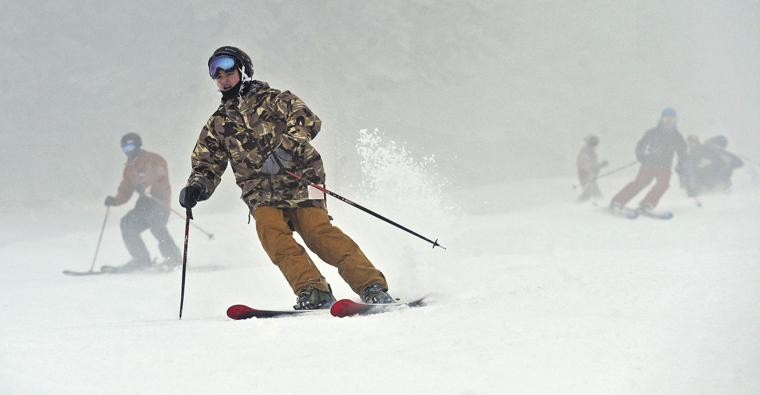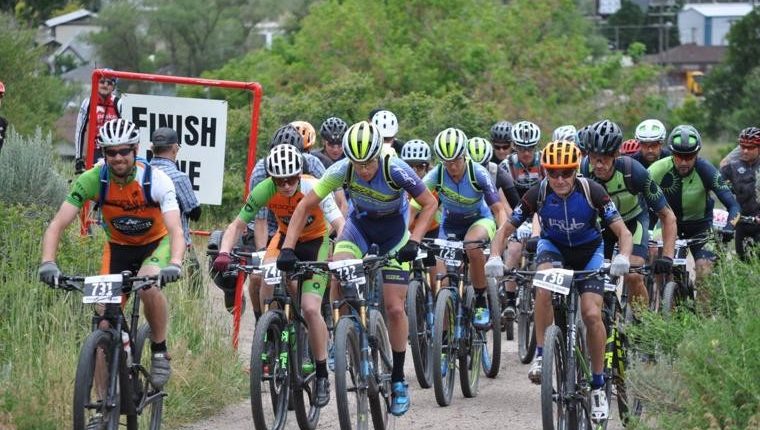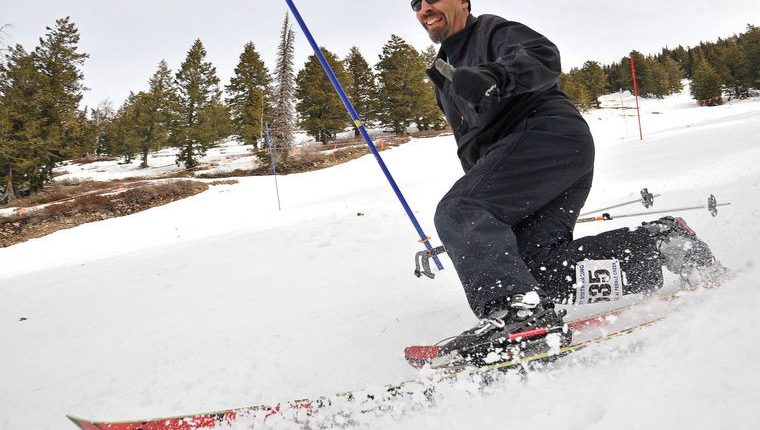A February dry spell almost brought a short end to the 2017-18 regional ski season. But after a strong March, many local ski areas were still able to salvage a good year after almost no snowfall came in the early and mid-months, causing many local ski areas to race against the clock to open up before the Christmas holiday.
Most local areas opened in late December. Pebble Creek Ski Area in Inkom opened the day after Christmas, while Pomerelle Mountain Resort in Albion opened Dec. 22. Kelly Canyon in Ririe opened Dec. 21, but the only local resort that opened before Christmas week was Grand Targhee in Alta, Wyoming.
Targhee, a resort that sometimes sees snowfall in late September, didn’t open until Dec. 1 last year. But this year, the Wyoming resort was able to open before Thanksgiving with 100 percent of its terrain available to the public. It was the only local ski area that was open during both major winter holidays.
“Usually when we have a delayed opening, it takes us quite a while to regain that,” said Gretta Frohlich, director of guest services and sales at Grand Targhee. “It is all dependent on Mother Nature.”
Targhee, which has a base elevation of just under 8,000 feet, had its last day of full skiing on April 15. The resort stayed open an extra weekend for its Crazy Horse Hill Climb.
“You do want to be open for Thanksgiving if you can because people are chomping at the bit to get on the mountain,” said Gretchen Anderson, spokesperson for Pomerelle. “But that time between Thanksgiving and the Christmas holiday is a really busy time for everybody, so when you don’t open at Thanksgiving, you lose money.”
Pomerelle’s last day was earlier this month, but the resort that resides with a base elevation of about 8,700 feet was on the fence about remaining open for an extra weekend. When storms brought mostly rain to the resort instead of snow, it signified an end to Pomerelle’s season, which sometimes begins as early as Halloween.
Other local ski areas that reside at lower elevations, such as Kelly Canyon and Pebble Creek, closed in late March and early April.
“We were just squeaking by to open this year with a lot of manmade snow,” said Mike Dixon, general manager of Pebble Creek.
The higher elevation and unique snow patterns of Pomerelle allows the farmer-friendly resort to remain open longer than most other smaller ski areas.
But one downfall of Pomerelle is if there is too much snow, the roads up to the resort close, meaning nobody can get there. This allowed Pomerelle to have a better season this year because the roads only closed once this year as opposed to last year’s eight road closures.
Pebble Creek was having trouble braking the 40-inch mark well into the month of February. But a wet March bumped that total up to 75 inches by the end of the month, allowing Pebble Creek to stay open for an extra couple weeks, which made up for a weak February, a month that is typically strong.
“When there’s no snow in town, it makes people think there’s no snow up here,” Dixon said. “That’s just how people think.”
David Stoddard, owner of Kelly Canyon, says his resort was in a similar boat until late February when Kelly Canyon received an additional 5 feet of snow. Kelly Canyon has a lot of north-facing slopes, meaning that it doesn’t get the burn-off from the sun like a lot of south-facing runs do.
In addition, Stoddard says Kelly Canyon doesn’t have a lot of rocks, which allows him to mow the grass on the mountain in the fall. This allows him to create a solid base where he can then pack the first couple feet of snow into the ground. This freezes the snow and creates a base which helps hold the snow throughout the season.
“Last year was a stellar year just because we had a lot of snow early and a lot of snow late,” Stoddard said. “The best marketing for a ski resort is snow. Period.”


